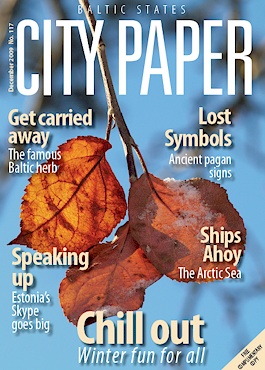Profiling the company car park
Perhaps nothing is as conspicuous a piece of consumption as our autos. Even more than our homes, we choose our cars to say something about us - even if what we're trying to say is that we don't want to say anything.
One business acquaintance, himself a noted deal-clincher, revealed his own method to me. Prior to a first meeting with any potential supplier or partner, he would visit their office, incognito, and have a look at the assorted makes and models on offer. First, he would look to see if the boss' car was immediately apparent. A gleaming Bentley or Maybach close to the car park exit showed that the boss clearly thought he was a cut above his employees. That may or may not be justified, and my friend could tailor his pitch accordingly.
Next, he would look for the variety of cars parked up, noting at the makes, the approximate prices, the conditions and even the cleanliness of cars. A very hierarchical, organised business would typically exhibit only two or three main makes (indicating a well-drilled corporate buyer) with the proportions of luxury, mid-range and budget cars giving some indication of the company's structure. Clean cars meant a careful workforce who took pride in their work, a load of rusting wrecks indicated workers who were likely to be underpaid and slapdash.
From this modest starting point, he could prepare all sorts of additional useful information. If it were clear that his opposite number was a car enthusiast with a passion for a certain marque, he would read up on the history and come across as a fellow traveller. If a complete lack of expensive cars indicated the boss only took taxis - or on one rare occasion, that a senior executive with a private bank actually rode a bicycle to work every day - he would make sure he arrived at the meeting in the same manner, confident that both of them would agree they were doing their bit for the environment.
A quick survey of the company car park may not be foolproof, but it's much quicker - and much less likely to be seen in the best possible light - than any business website biography.
By Mike Collier




